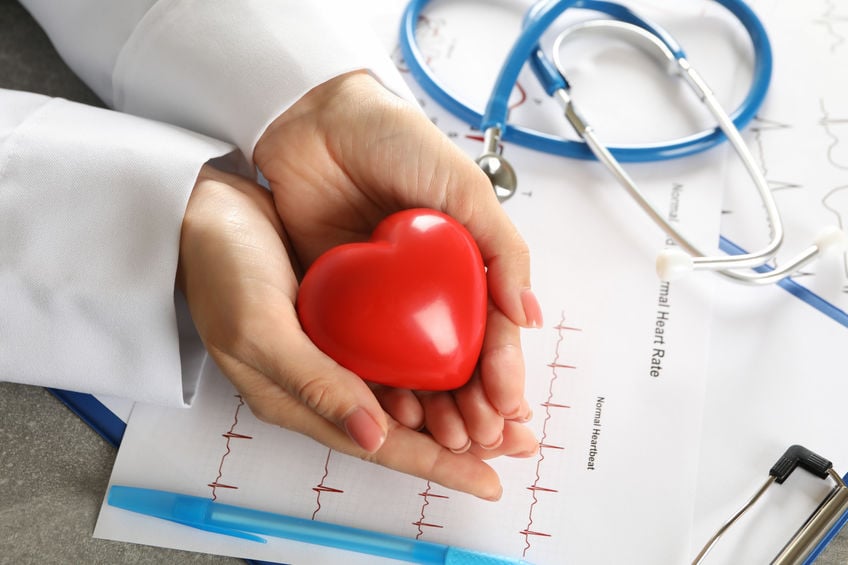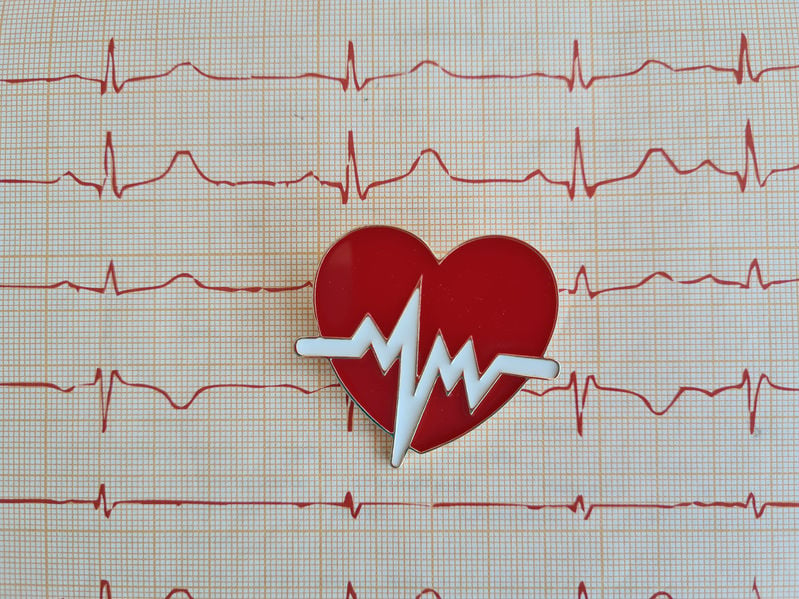Cardiac Symptoms To Worry About
With 1 in every 5 deaths classified as cardiac-related, heart health is a common concern for many. Symptoms like chest pain, dizziness, and shortness of breath can be overlooked. However, in some cases, such symptoms are worrying signs of an underlying, heart-related issue. Cardiovascular disease and related conditions affect many American adults, with many cases remaining undiagnosed. A specialist like a cardiologist can assess symptoms, run tests, and diagnose the patient. In many cases, cardiac intervention is necessary to address an underlying condition and decrease the risk of future heart attacks or strokes.

Understanding heart health
Cardiovascular disease refers to a group of potentially life-threatening conditions related to the heart, including arrhythmia, heart disease, heart attacks, strokes, and heart failure. When such conditions are present, the heart is not functioning effectively. Cardiovascular disease and the associated conditions can lead to poor blood flow, blood clots, and resulting disruptions like heart attacks or strokes. Some of these issues can be mild, but others can be severe, leading to death. Cardiovascular disease often requires medication, lifestyle changes, and cardiac intervention.
Common risk factors for cardiac issues
Most cardiac conditions aren’t genetic but are linked to certain risk factors that develop over time. Weight and a lack of exercise can lead to conditions like atherosclerosis or blockage of key blood vessels. Hypertension, known as high blood pressure (BP) and high cholesterol, often due to poor dietary choices over a long period, can also lead to cardiovascular disease. Coronary artery disease (CAD) and smoking are other severe risk factors for cardiovascular disease. For many people, stress levels are now higher than ever and often an underlying cause of cardiac issues.
Signs your heart needs intervention
For moderate to severe cases of cardiovascular disease, cardiac intervention is an essential part of treatment. This umbrella term includes a range of surgeries to improve the function of the heart or blood vessels that lead to the heart. There are some signs that cardiac intervention is necessary. Experiencing chest pain, dizziness, and shortness of breath, especially at rest, should require additional assessment. Cardiovascular intervention may be needed in a medical emergency if symptoms increase in intensity after physical activity. A doctor may also suggest cardiac intervention for any individual with a history of heart attacks, stroke, or cardiovascular disease.
Types of cardiac interventions
Different surgeries or cardiac interventions can help improve cardiovascular health. Coronary angioplasty and stents are the most common forms of cardiac intervention. Angioplasty uses small tools to widen arteries damaged by atherosclerosis. A stent, which is a special mesh tube that holds the artery open, can also be used in this procedure. Bypass surgery and heart valve surgery are other procedures for patients with heart failure. With bypass surgery, the surgeon grafts another artery to the heart to improve blood flow. Heart valve surgery adjusts or replaces a heart valve to improve function. Most of these procedures are minimally invasive, meaning the surgeon uses small incisions, and there is a short recovery time.
Your heart health matters
Frequent, unpleasant symptoms like chest pain, dizziness, and shortness of breath are often signs of an underlying medical issue. A doctor or cardiologist must run multiple tests to determine the root cause of the symptoms. In the case of a heart problem, a cardiac intervention is a valuable option to improve quality of life. Along with the right lifestyle changes, symptoms can be managed effectively.


